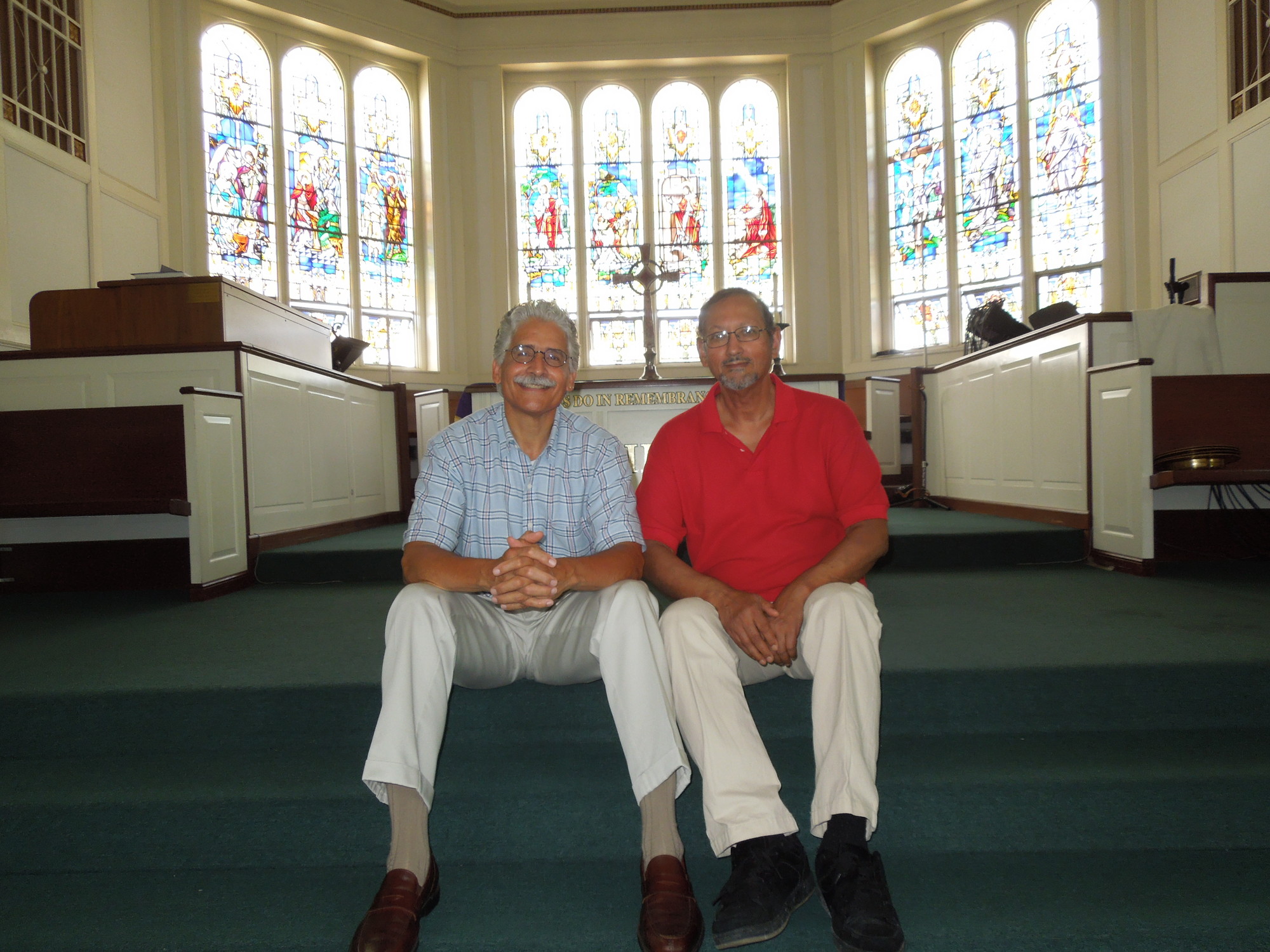First Presbyterian Church celebrates 175 years
The First Presbyterian Church of Freeport was founded in 1840 by a group of residents who first worshiped in the original village schoolhouse. It was a time when Freeport was still a sleepy fishing and farming community and people arrived by stagecoach from Brooklyn. On Saturday, Sept. 26, the congregation will celebrate 175 years in Freeport at the Freeport Yacht Club, followed by a Sunday morning service to “affirm that gathering,” Rev. Eddie Jusino, Pastor of the First Presbyterian Church. “This is a time for us to honor what came before and to continue our legacy.”
The story of the First Presbyterian Church in Freeport can be divided into three chapters – the 19th, the 20th and the 21st centuries. “Our history coincides with the history of Freeport,” Glenn Naidoo, a church Deacon and congregant said.
Throughout the 19th century both the First Presbyterian Church and the Village of Freeport underwent tremendous changes and development.
“Many of the first real changes came with the arrival of the South Side Railroad in 1868,” wrote village Historian Cynthia Krieg in the blog about Freeport history – the FreeportlihistoryBlogspot. “This brought out city people who built summer cottages and created a need for such improvements as paved roads, electric lighting and police. A referendum in 1892 decided the issue of incorporation.”
Meanwhile, the Presbyterians, being “doers of the word,” as former Rev. Couch called his congregation in a 1963 appeal brochure, began their search for a permanent home. The congregation’s first building was on the east side of Main Street, about where Sunrise Highway crosses, but that building was too small for their needs and a second building was erected in 1850, at Main Street and Merrick Road. A parsonage was built on the east side of “Parsonage Lane” now known as Church Street. But trouble ensued. “Across the street stood a hotel or tavern where on Sundays there were noisy festivities, carriage parties and the start or finish of horse races,” wrote Clinton Metz, former Village Historian in “Freeport As It Was.”






